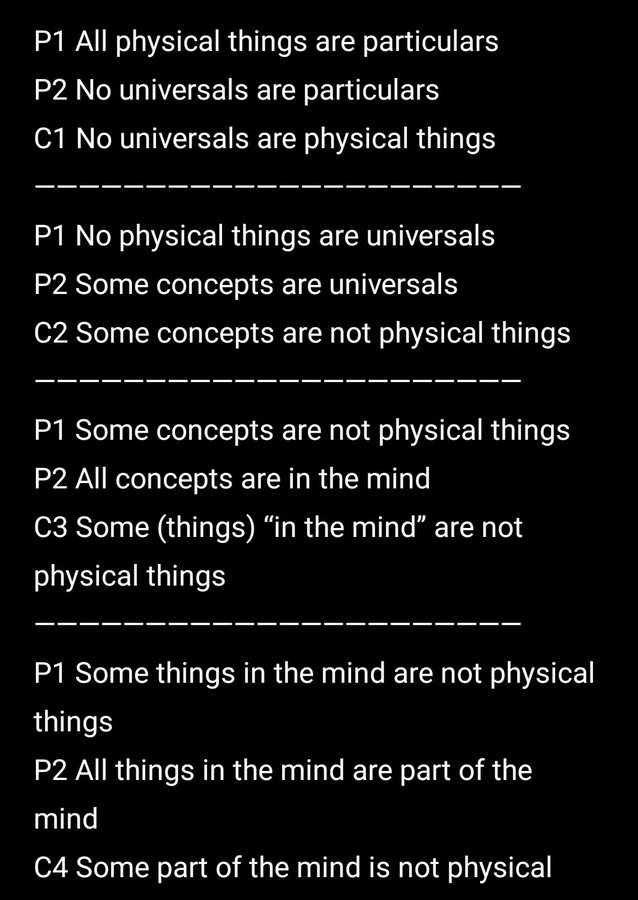In case you haven’t noticed, America, and the West more generally, are falling to pieces. How so? Here’s a brief, but far from exhaustive, list:
— Public confidence in the government and media are at all-time lows;
— The printing of money in order to support government spending at an astronomical rate has triggered dangerous inflation, and has driven public debt to unsustainable levels;
— The death of meritocracy in favor of race- and sex-based “equity” has forced an abandonment of standards and qualifications in every institution;
— Our borders are effectively nonexistent, with aliens and lethal drugs flowing freely across them;
— Our foreign policy has descended into hubristic madness as we cling to the idea of America as the world’s policeman and “redeemer nation”, with the effect that we have driven our most powerful rivals into each others’ arms, and are now even endangering the dollar’s critical status as the world’s reserve currency;
— Our pernicious mismanagement of the COVID outbreak has ad a catastrophic effect on small businesses, commercial real-estate markets, education, trust in government, and social and psychological health, while massively strengthening and enriching oligarchic corporate power;
— Crime, suicide, anomie, depression, nihilism, social isolation, and deaths of despair have all skyrocketed, while comity, trust, and social cohesion have plummeted;
— Our great cities have become so tolerant of crime and disorder that people and businesses are fleeing;
— The idea of a binding American commonality that trumps other differences has been replaced by a sullen and resentful identitarianism that assigns every person membership in one or more racial or sexual interest groups, and pits them ruthlessly against one another, with white males being the one group that everyone can agree to blame and hate;
— The founding European stock and cultural heritage of the American nation is kicked to the curb, despised, and is being displaced as swiftly and methodically as possible;
— The aggressive feminization of every aspect of American civil and political life has led to the denunciation of healthy natural masculinity as “toxic”;
— Dissent and debate are crushed, whether by the shouting down and cancellation of impermissible opinion, or by the weaponization of government agencies and the unequal prosecution of law;
— Easily half of Americans have lost all faith in the integrity of our elections, while attempts to impose minimal standards of election security are blocked and denounced as “racist”;
— In every aspect of American life we see the exaltation of the perverse and unnatural, the chaotic and the abnormal, over those norms and behaviors that have always been seen as good, wholesome, and conducive to human flourishing; in every direction we see the enthusiastic promotion of the lowest, the basest, and the ugliest, in the name of “equity”. Whatever is grotesque, bizarre, licentious, degraded and decadent is given pride of place over everything healthy, vigorous, virile, virtuous, and beautiful — and we are commanded not only to tolerate this, but to assent with enthusiasm, and call it “progress”.
Why has all this happened? Because an aggressive, secular pseudoreligion, which denies all transcendent order and natural categories, has seized control of the minds of scores of millions of Americans, and of the levers of political power and information dissemination. This ersatz religion holds as its highest principle the flattening of every natural distinction, and all social hierarchies, except of course the hierarchy that places itself in the position of commanding power over every institution, and over all of civil society.
Among the obvious, essential truths that the stifling orthodoxy of this belief-system condemns as heresy are:
— Innately unequal distributions of natural talents, abilities, cognitive capacities, and behavioral dispositions among individuals and populations;
— The reality of sexual dimorphism, and of natural sexual differences in aptitudes and life preferences;
— That differences in life outcomes of individuals and groups can be due to any causes other than racism, sexism, nepotism, and other forms of willful and malevolent oppression and malfeasance;
— That the American founding was a noble and innovative experiment in self-rule, and that the Founding Fathers deserve respect and gratitude;
— That the past has anything to teach us other than as a racist and blood-drenched catalogue of moral and philosophical errors;
— That there is such a thing as “human nature”, and that it is not infinitely malleable;
— That excellence should be fostered for the sake of all;
— That the life of mankind might have a higher dimension than maximizing the gratification of the stomach and the genitals;
— That what optimizes a civilization’s well-being is for people to find the role in life, and the place in social hierarchy, for which they are best-suited, and best-qualified, by their nature;
— That unborn children might be living human beings, and therefore might be morally entitled to protection against lethal violence;
— That serving the interests of America and its citizens should be the basis of American immigration policy;
— That no person or group of persons knows enough about the organic complexity of human societies to significantly re-engineer them without causing unforeseeable harm;
— That democracy in itself is simply one form of government among many, with conspicuous liabilities of its own;
— That the right measure of any government is whether or not it governs well;
— That Western civilization has produced towering, sublime achievements of art, literature, science, mathematics, philosophy, discovery, prosperity, and human happiness, and has bequeathed all of this to us as a priceless heritage—and that as stewards of this incomparable legacy we have a duty, perhaps above all other duties, to cherish and preserve it for our children, and for our children’s children.
I could, as you might imagine, go on and on.
I think it should be clear that this course is plainly destructive; the question, then, for anyone standing on the outside of this mass psychosis, is: what can be done?
There are various options. The most “conservative” and “traditional” response, of course, is some sort of organized political resistance. But how? I doubt that any intelligent observer can at this point honestly imagine that we’re going to vote ourselves out of this mess. Not only does it seem that half the country is already in the grip of this madness, but even if that weren’t so, there are monotonic trends that go in the wrong direction: the steady flow of new Democratic voters pouring in across the border; the relentless push by the Left to expand the franchise, even to felons and illegal aliens; and the increasing strength of the “top-and-bottom-against-the-middle” coalition that buys votes by fostering an infantilizing dependence upon the State for every material need, comfort, and blessing, and is happy to pay for it all by printing money and redistributing the wealth of productive citizens. If, on top of all that, we add the steady erosion of election integrity, and the blithe insouciance with which vote-manipulating shenanigans are committed and then screened from accountability, then resistance at the ballot-box seems increasingly futile.
It should also be clear that the great Leviathan in our nation’s capital is immensely, monstrously powerful, and, far from the being the modest apparatus of minimal necessity conceived by the Founders, it now has a life, and interests, of its own — and that, like any living thing, it will fight for its survival with everything it has. Any attempt to redistribute its power back to state and local governments, or to curtail its arbitrary authority, will provoke a ruthless defense — as we have seen again and again in these last years.
What about armed revolt? This may very well come to pass, and if it does, millions will join the cause — but as I wrote eight years ago, civil war is not a thing to wish for, and a hot 21st-century American civil war would be as gruesome as any in history.
This brings us to acceleration. If things really are as bad as they seem — and mark my words, they’re even worse — this whole rotten system may be so far gone, so diseased, and so at odds with the nature of human flourishing, that it must eventually collapse and die of its own accord. If that’s so, then it’s best, for the sake of our children and children’s children, if it happens sooner rather than later: the sooner we can plow Leviathan’s decomposing corpse into the ground, the sooner we can begin the process of organic regrowth. We’ve already seen the sickness beginning to peak, since the ascension of the doddering grifter Joseph Biden to the Presidency, along with the Left’s total control of Congress for the first two years of his term. We see it in the ever-increasing emphasis on sexual lunacy and perversion in government, media, and academia; we see it in the blazing prominence of outright morons in our ruling classes; we see it in our insane energy policy and increasing subjection of private and economic life to climate hysteria; we see it in the coddling of criminals at the expense of the freedom and safety of decent citizens; we see it in the sacralization of transgenderism, and the hallucinatory insanity of allowing men to compete in womens’ sports; and we see it in all the obvious lies about objectively existing reality that we are forced to put into our own mouths every day just to keep our jobs and privileges.
Perhaps, then, it is best in the long run not to slow this process by incremental and ineffective political resistance. It may be that such an approach, by making the decay more gradual, will also make it somehow more bearable, day by day, and might turn it from an acute and intolerable affliction to a slow and chronic decline — a creeping Brazilification, a great national frog-boiling. Perhaps we would be wiser simply to let the cleansing fire of fever run its course, and burn itself out. It will be painful, and surely debilitating for a while, but then it will be over. And then, at last, we can awaken, blink our eyes, and get back on our feet.
Another term for the Big Guy might be all it takes. Four more years!!





